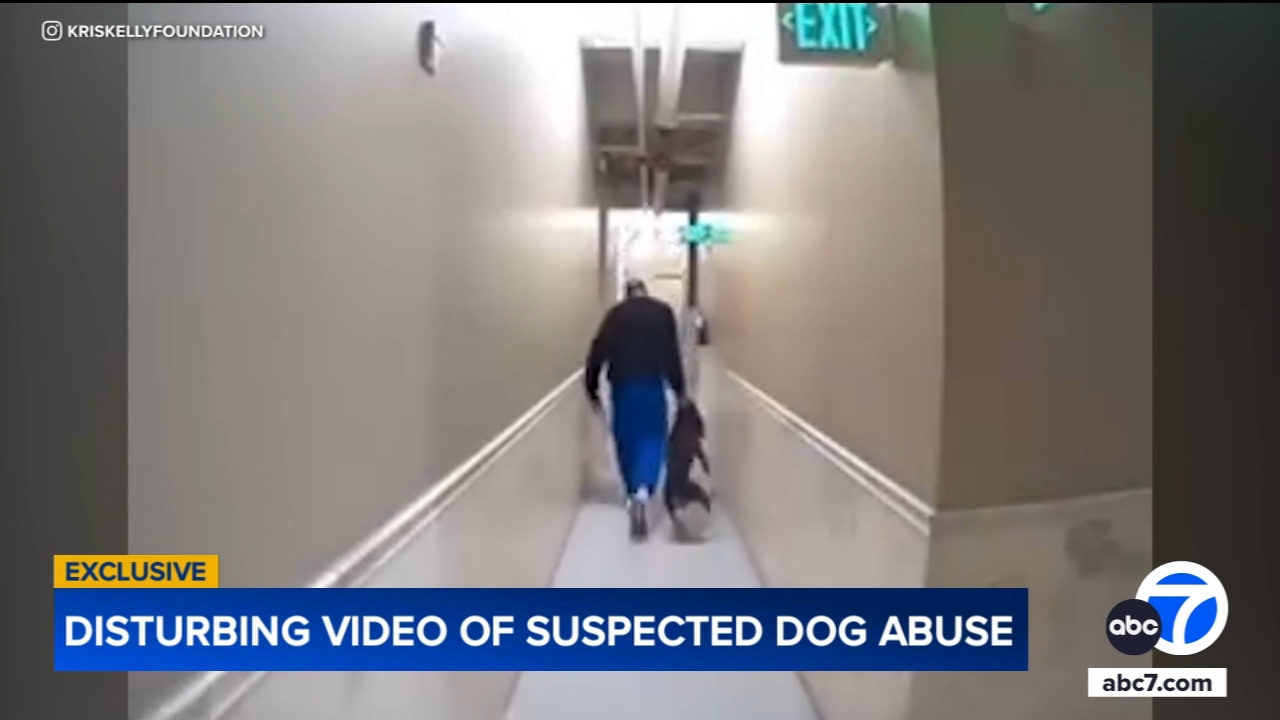Victim of the Bank of America, Zelle scam? Here are your rights

SAN FRANCISCO -- A growing scam targeting Zelle and Bank of America shows how easy it is for hackers to steal your money using those quick payment apps, like Zelle.
Imposters claiming to be from the bank are tricking victims into sending them cash through Zelle.
RELATED: More victims of Bank of America, Zelle scams come forward; here's how to protect yourself
So are you entitled to a refund if it happens to you? Our sister station KGO-TV's investigative reporter Michael Finney has a surprising but hopeful answer.
Quick-pay apps like Zelle don't offer any of the fraud protections you get with credit cards. The Zelle user agreement says if you send someone money and it turns out to be a scammer, too bad. There are no refunds. However, with this latest scam, a little-known federal law says you should get your money back.
Reports of the scam are spreading fast. Imposters claiming to be from Bank of America call random victims, saying someone is trying to hack their accounts.
"The Bank of America identification came up on my phone," said David Barnett of San Francisco.
"I thought, 'Oh my gosh I didn't authorize a $3,500 transfer through Zelle," said Page Pollack, also of San Francisco.
"And within 15 seconds, my phone rang," said Donna Stoker of Cartersville, Georgia. "He said, 'Whoop, they just tried to get $3,500.'"
VIDEO: Bank of America gives refunds to some victims of growing Zelle scam

"So I fell for it right away; I got freaked out," said Claudia Rivera of San Jose.
The imposters urge them to quickly transfer their money through Zelle "before hackers can get it."
"First, what I need you to do is open the Bank of America app, go to the Zelle," Stoker said, repeating the scammer's instructions.
"You're going to go to Zelle and send it to yourself," Crystal Vaka of Antioch said she was told.
"He took me through the steps of transferring a large sum of money from my Bank of America account," said Barnett.
The imposters claim the money will go back to the customer. Actually, it's going right to the scammers.
"I looked at my account and $3,500 was gone," said Pollack.
VIDEO: School nurse falls victim to scam targeting Bank of America and Zelle customers

"Here I was being told I was defrauded by a man who was defrauding me," said Barnett.
In each case, Bank of America denied their claims for a refund, saying the victims were the ones who authorized the transactions.
The Zelle user agreement on the Bank of America website says: "neither we nor Zelle offer protection for authorized payments... for example, if you do not receive the goods you paid for..."
And even though it was a scam, the victims 'did' authorize a payment for goods they didn't get - namely, their own money back!
"It was a real eye-opener... I trusted my bank to have top-of-the-line security," said Vaka.
"So you're gonna tell me you're not going to insure this money? And they said, 'No because you used it through Zelle,'" said Stoker.
"Sorry you're out of luck, lady," Pollack recalled being told.
RELATED: Scam targeting Bank of America, Zelle users steals thousands through mobile app payment
"I'm sorry ma'am, there's nothing we can do," Vaka echoed.
However, cyber security expert and journalist Bob Sullivan says federal law does protect victims of this type of scam. "It's always the advice that, sorry, there's nothing we can do."
"Those kinds of fraudulent transactions are covered by Regulation E, and consumers should be getting refunds," Sullivan said.
Regulation E, part of the federal Electronic Fund Transfer Act, requires banks to refund consumers for fraudulent transactions on their accounts.
The Consumer Financial Protection Bureau put out a directive in June, saying the law applies "if a third party fraudulently induces a consumer into sharing account access information."
"This is when someone tricks you. So the whole idea that treachery is involved should mean consumers are protected by Regulation E," said Sullivan.
We told Bank of America about all the victims - pointing out consumers were tricked into transferring their funds.
And right away the bank replaced their money but did not cite a reason, saying it considers each case individually.
VIDEO: San Francisco man loses half his savings in bank transfer scam

Bank of America did say it complies with Regulation E.
Sullivan warns, however, the law does not protect consumers when they use Zelle to make a purchase or payment -- even if they get scammed.
For example, if you use Zelle to buy concert tickets, and never receive them, you are out of luck.
Sullivan and other consumer advocates say banks should be using fraud filters on Zelle transactions to stop scams -- as they do with credit cards.
But that could slow the quick payments that customers want.
RELATED: Judge says Bank of America may have illegally denied EDD fraud claims
"Any speed bump in the process is going to annoy customers, that's true. It's even more annoying when consumers find $2,000 is missing," said Sullivan.
Consumer advocates say scammers are exploiting Zelle because the app is connected automatically to millions of bank accounts. When victims open their mobile banking app, Zelle is right there, connected to their money. Bottom line, don't answer a text or call even if it seems to be your bank. Hang up and call the bank directly.










